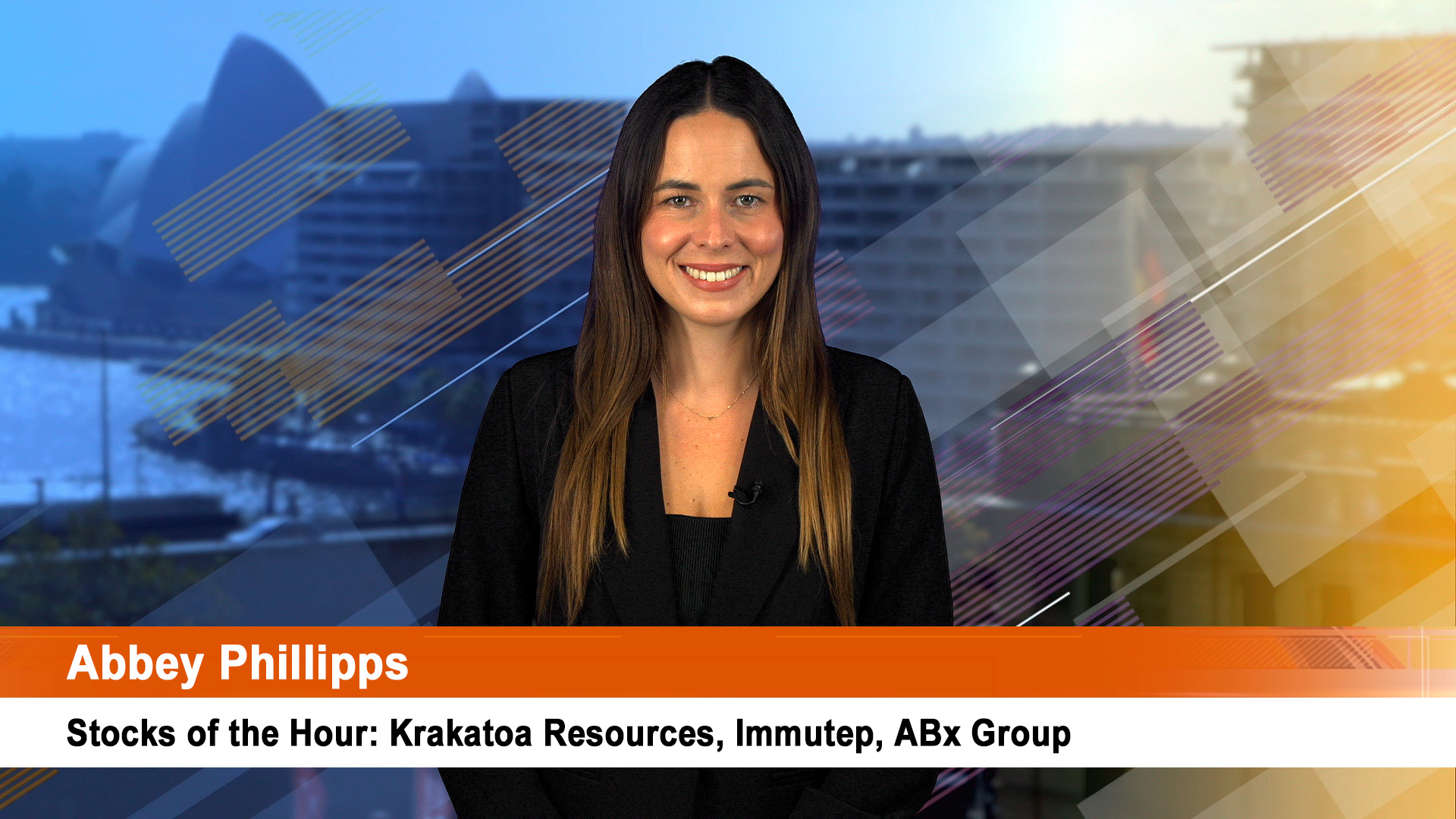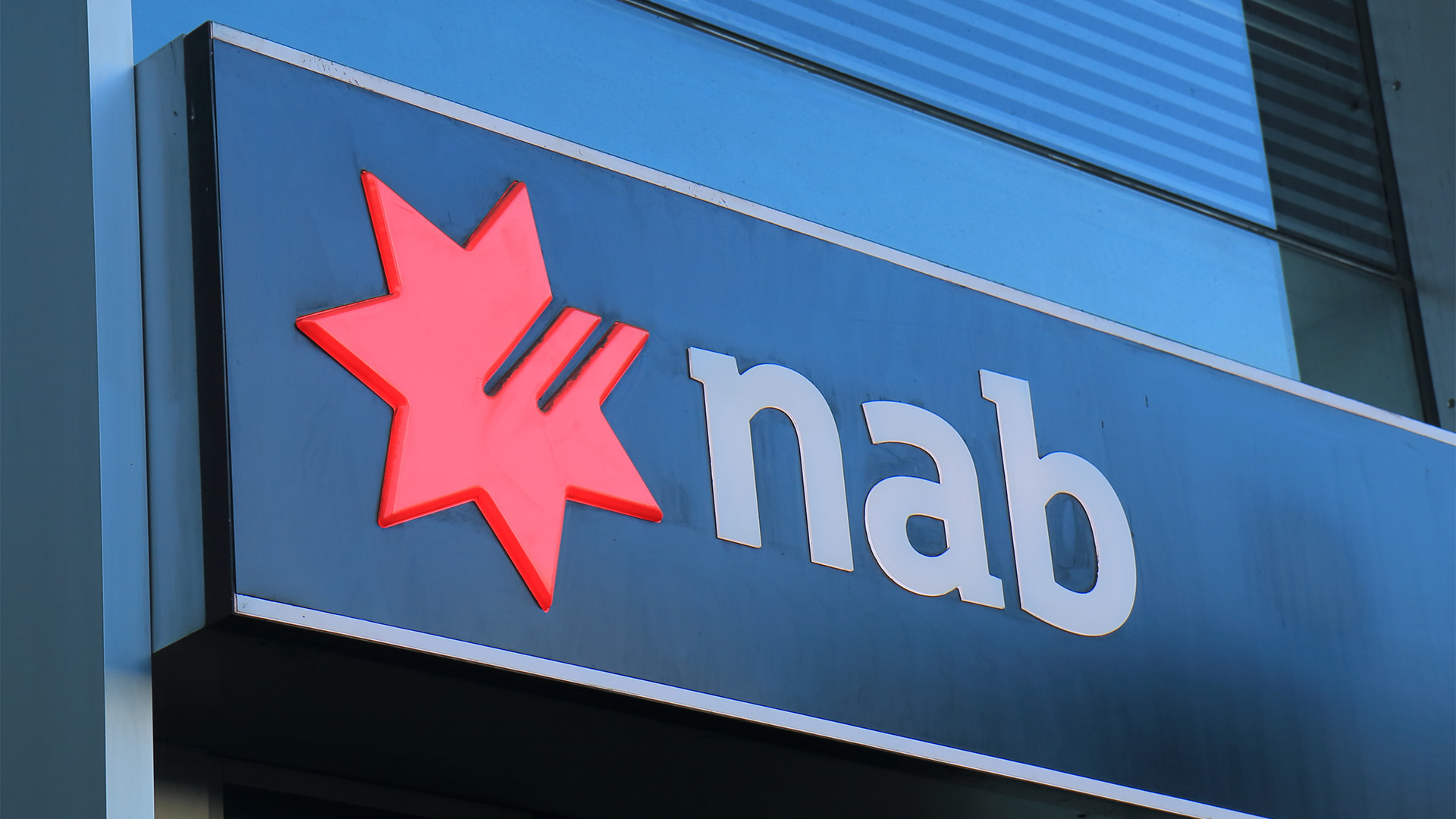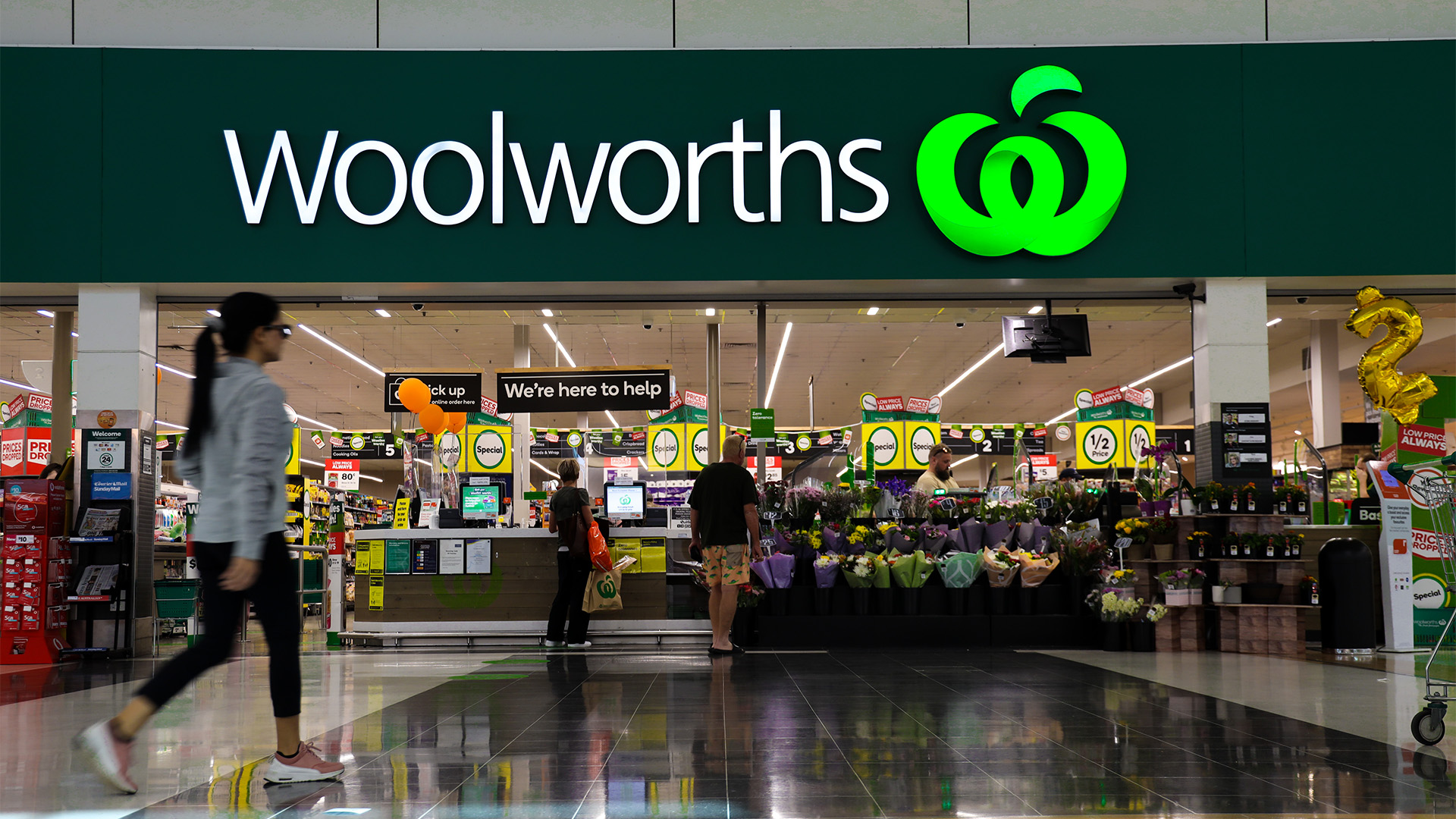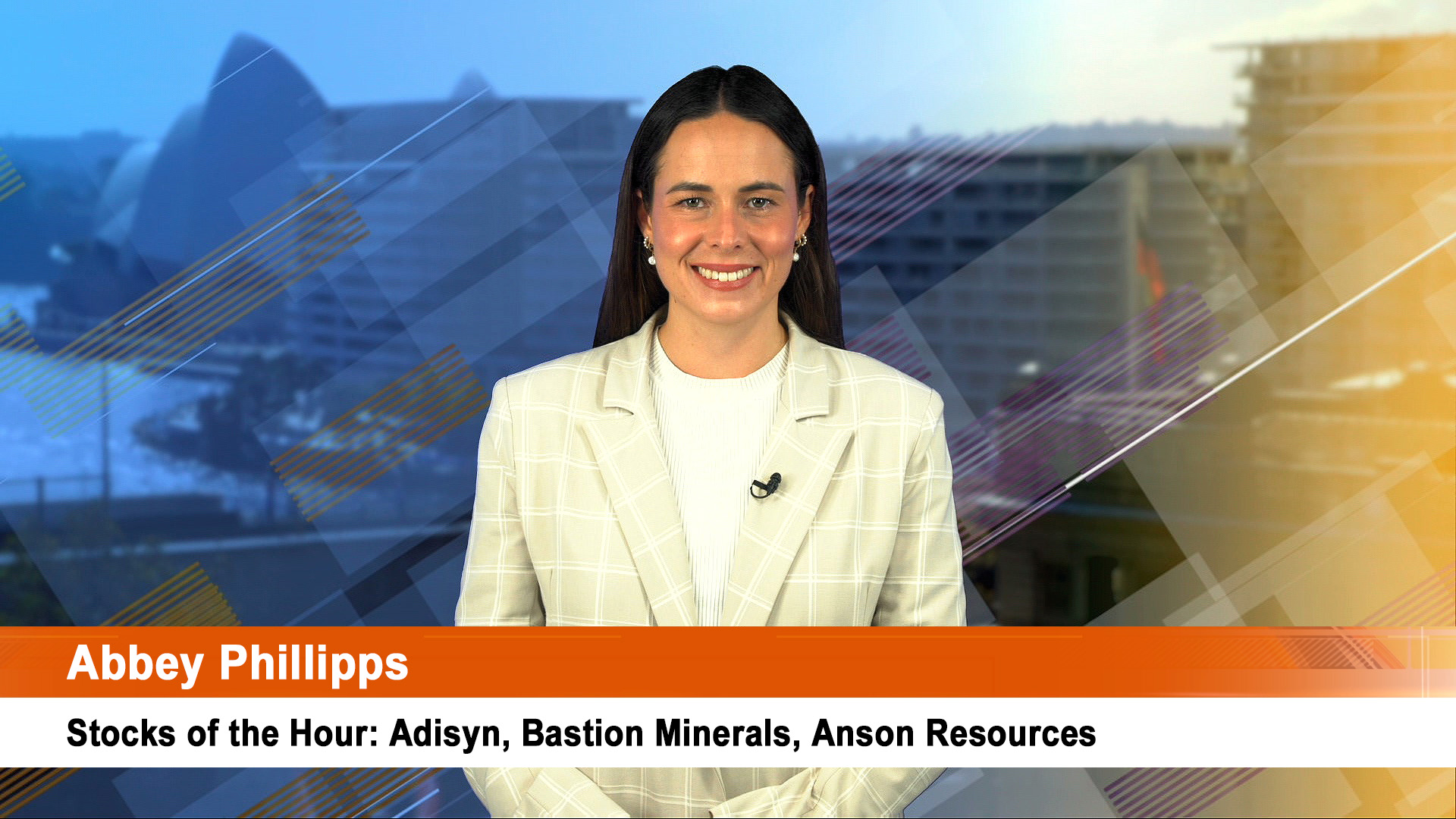Investors had a couple of thoughts about yesterday’s trading update from the usually reliable Coca-Cola Amatil.
The company’s CEO Terry David told the AGM yesterday that the company was looking at a 5% rise in first half profits, news that saw the shares sold off by around 2.5% to a day’s low of $11.54.
Then, when they stepped back and re-read the update, the losses were reeled in and the shares closed down just 9c at $11.77.
The 5% rise would push earnings to around $223 million, compared with $212.7 million reported for the first half of 2010 (which was a strong six months).
The company reports on a calendar year basis.
"The devastating natural disasters, higher resin prices and the impact from the strengthening Australian dollar have all taken the gloss off what was a promising start to the year," chief executive Terry Davis told the AGM.
He added that the result would follow the very strong first half result in calendar 2010.
Overall EBIT in 2010 was up 7.3%, which was slower than in the first half as consumer spending slowed in the second half and damp weather affected demand.
He said the first half net profit figure is likely to be equivalent to an increase of 6% – 7% before the impact of currency translation on offshore earnings.
The company said the floods, cyclone and earthquake will take 1% – 2% off net profit growth for the half.
Higher PET resin prices, which had risen over 40% in the last six months, would take about 2% off growth and the stronger Australian dollar would also take 1%-2% off earnings growth.
The company said 2011 would be a peak year for capital expenditure, with expectations of an overall spend of about $375 million.
Mr Davis also revealed that the strong rise in the value of the dollar was putting greater pressure on its food business.
"As for SPC Ardmona, trading conditions continue to be difficult due to the high level of competition from cheaper imported and private label products, a result of the strong Australian dollar," he said.
"The current strength of the dollar has severely limited the potential for SPCA’s export business.
"There is no doubt that for SPCA – and for other food manufacturers in this country – which it has always been very difficult to compete against cheap imported brands and low cost offerings of private label products.
"However, the continued rise in the Australian dollar is having a material impact on SPC’s competitive position.
"As a consequence of the changed competitive position of SPCA, we have commenced a comprehensive review in order to determine the right size of the food business necessary to accommodate these structural changes that have occurred in the market for packaged fruit and vegetable products.
"This will occur over the next few months with an update given at our interim result in August."
In the 2010 year, the company’s Food and Services business delivered a small 1.4% rise in EBIT to $94 million.
"SPC Ardmona reported lower revenues as the business exited a number of unprofitable export and private label activities.
"The stronger Australian dollar continues to impact its competitiveness against cheap imported brands and private label categories in Australia and its earnings from international operations," Mr Davis said.
Clearly the review will look at whether Ardmona should be downsized or parts moved offshore perhaps and Mr Davis made it clear after the AGM that that was what he is talking about.
He told reporters, "In terms of food, I don’t think we have any choice but to look at the restructuring of our business".
He said Coca Cola Amatil is already looking at manufacturing some food in Indonesia, noting that the company sources some of its food inputs from Asia, such as pineapples from Thailand.
"I believe we should be making food in Indonesia but we haven’t found anything that would suit us at this point," he said.
"But if the dollar continues at this rate, then I think there will be many companies like us that will say, ‘What are the other products that can be manufactured overseas and sold in Australia?’ "
Looks like the review’s results have already been decided.













